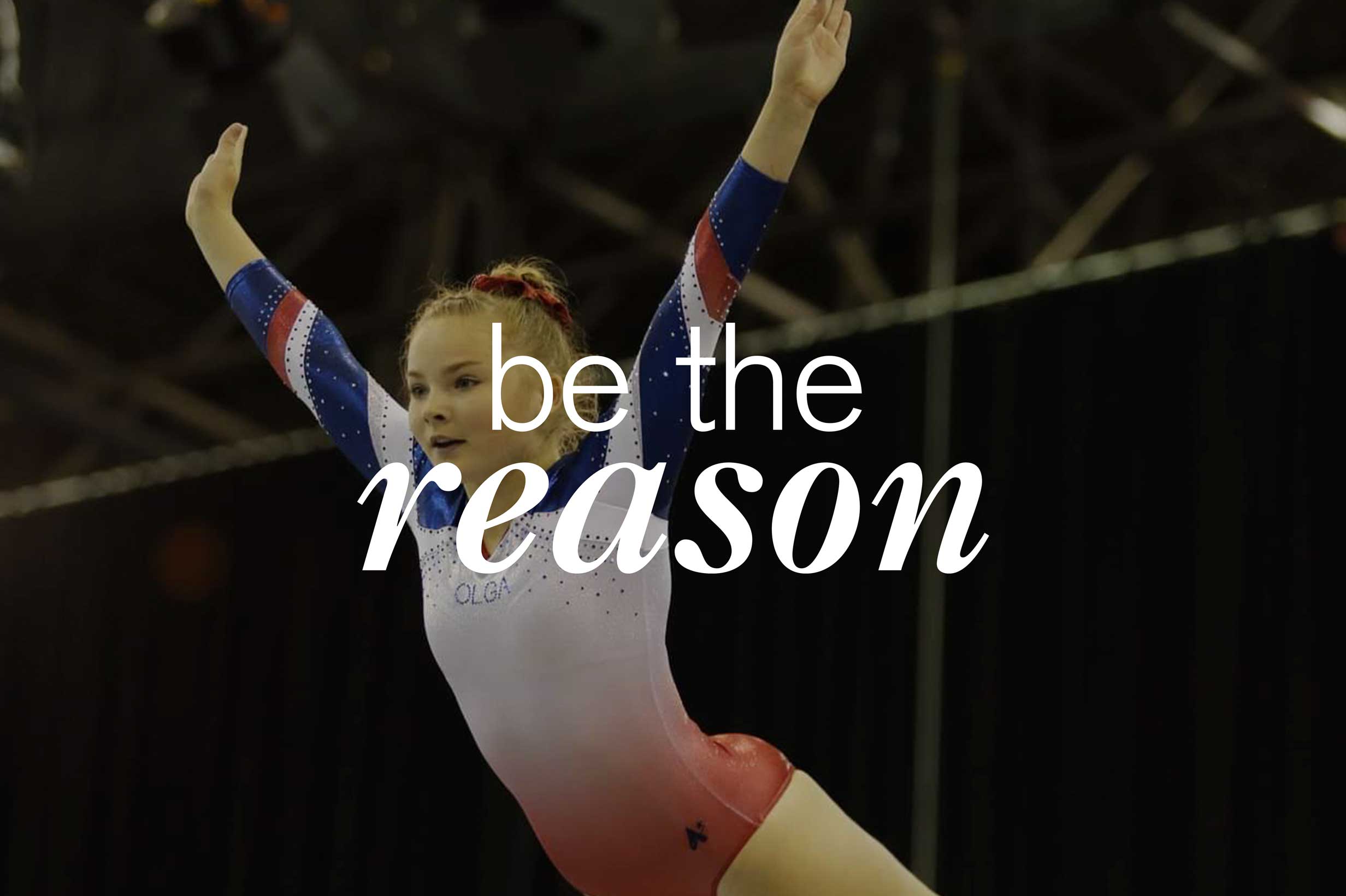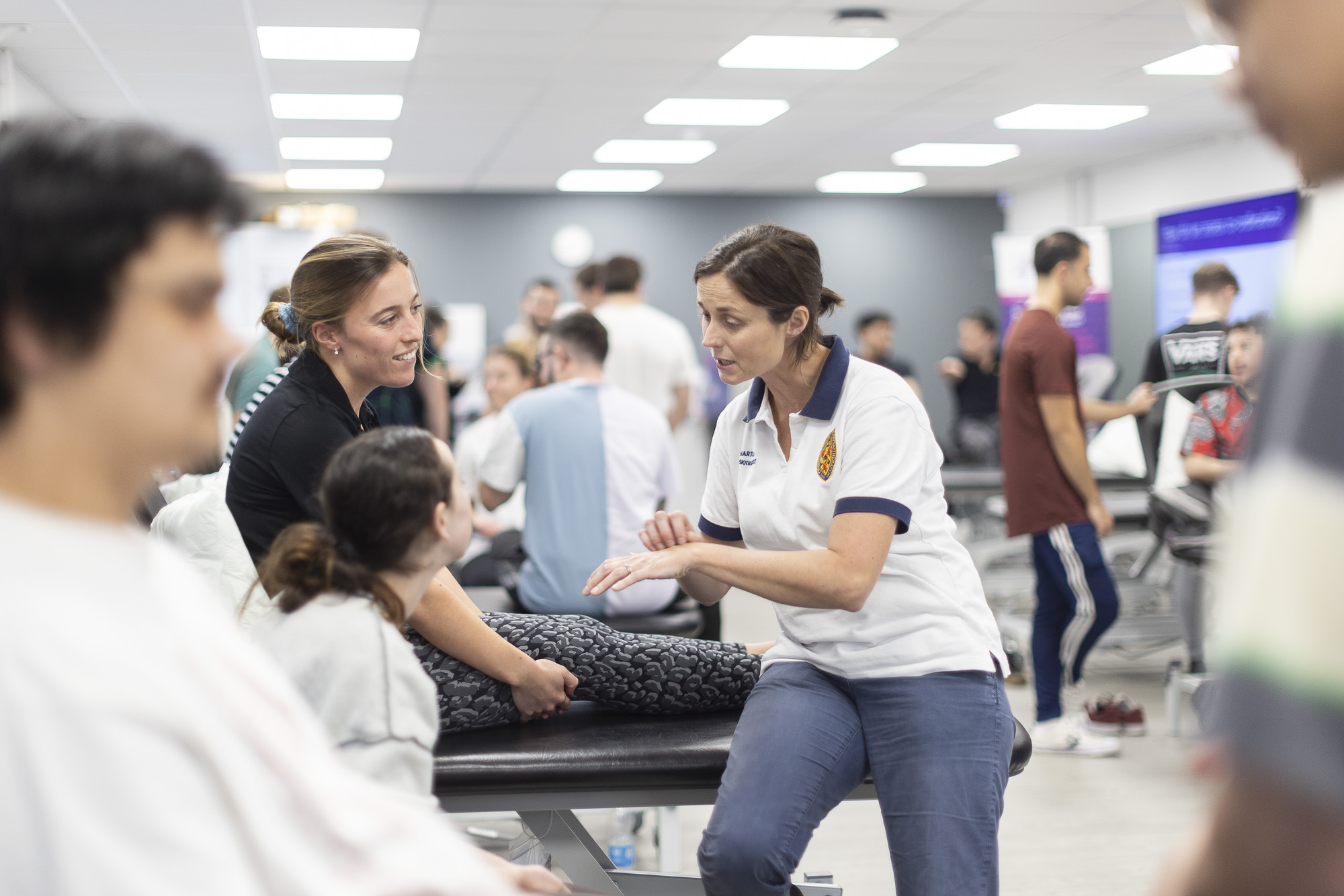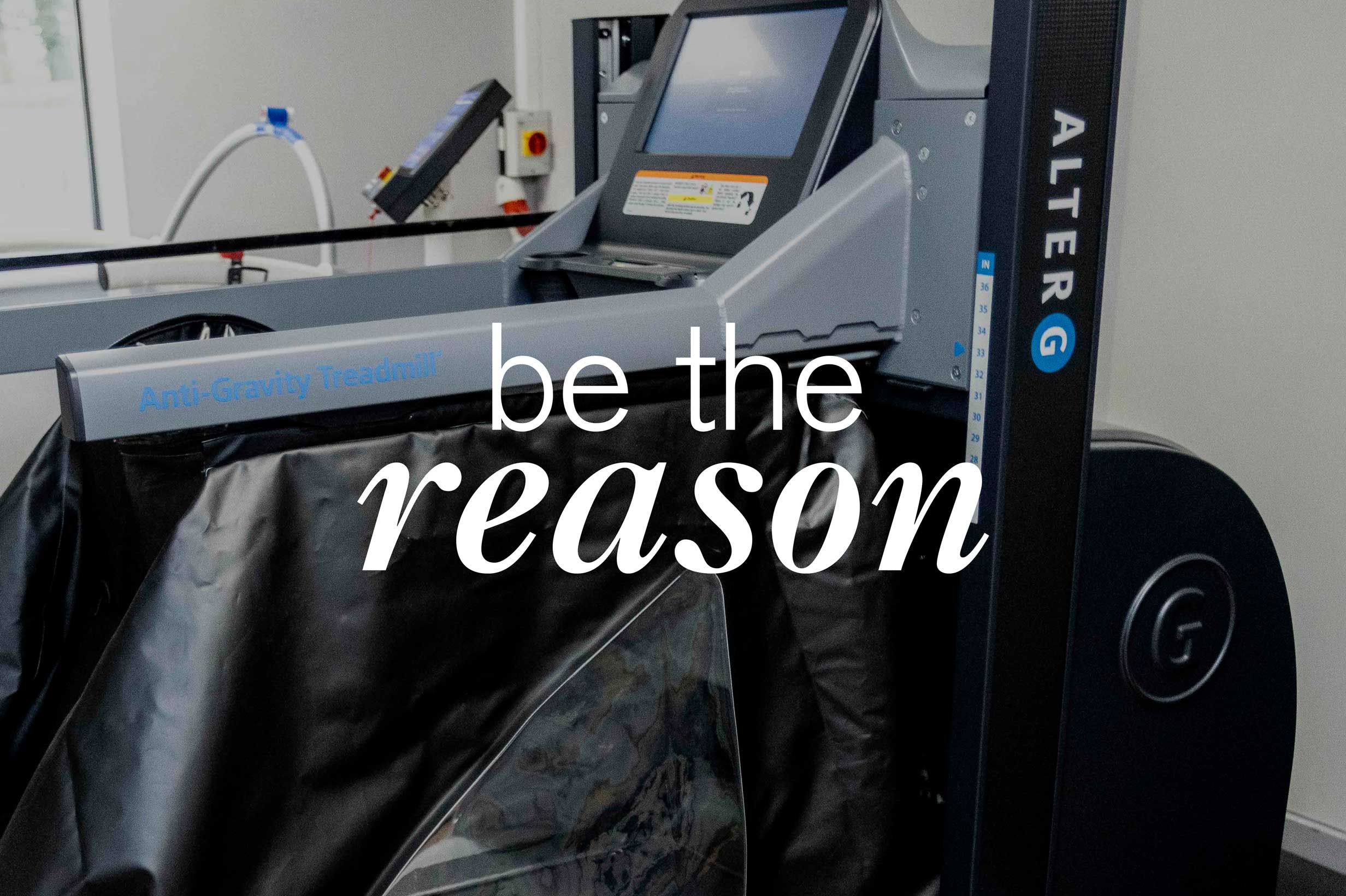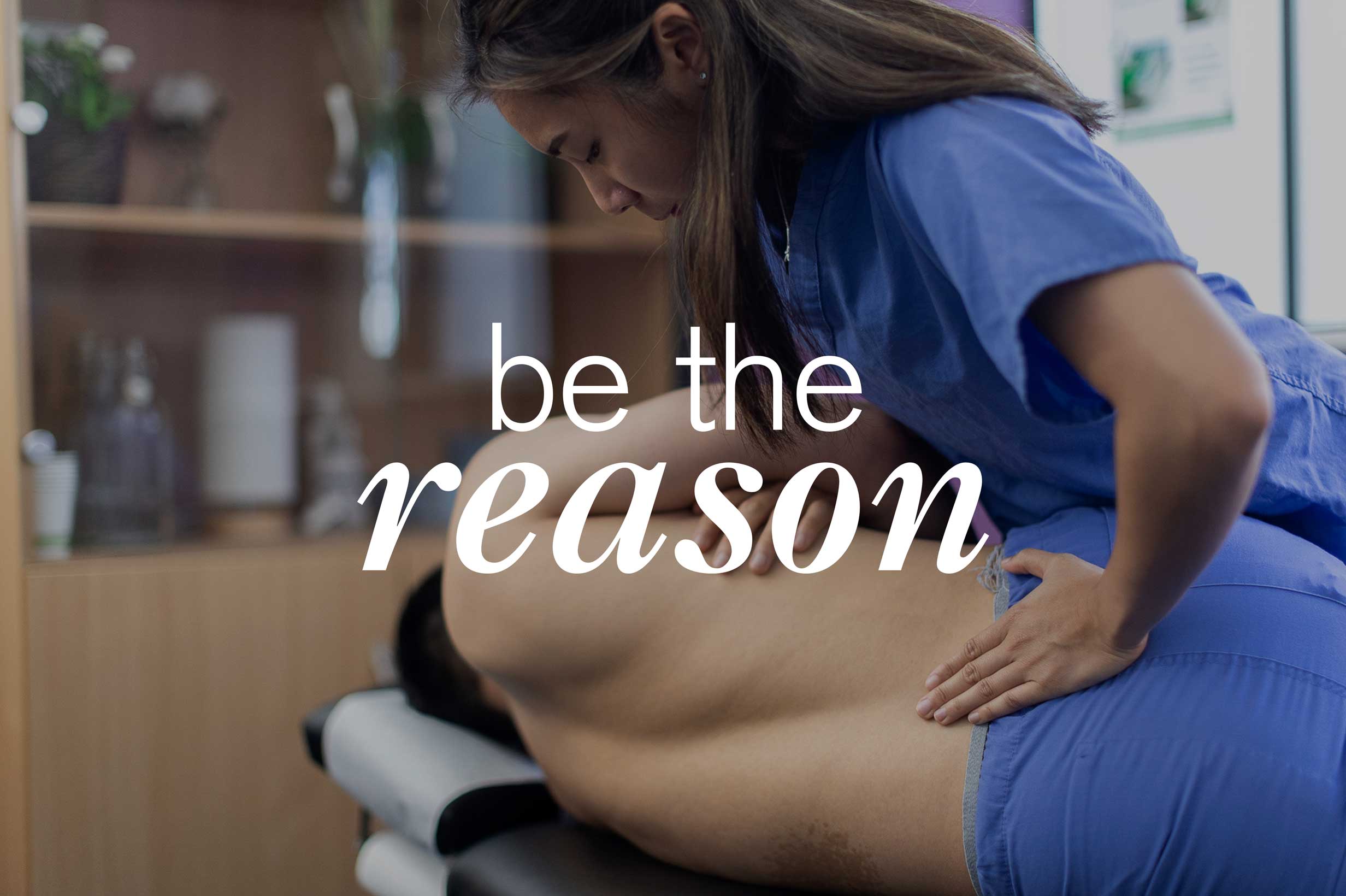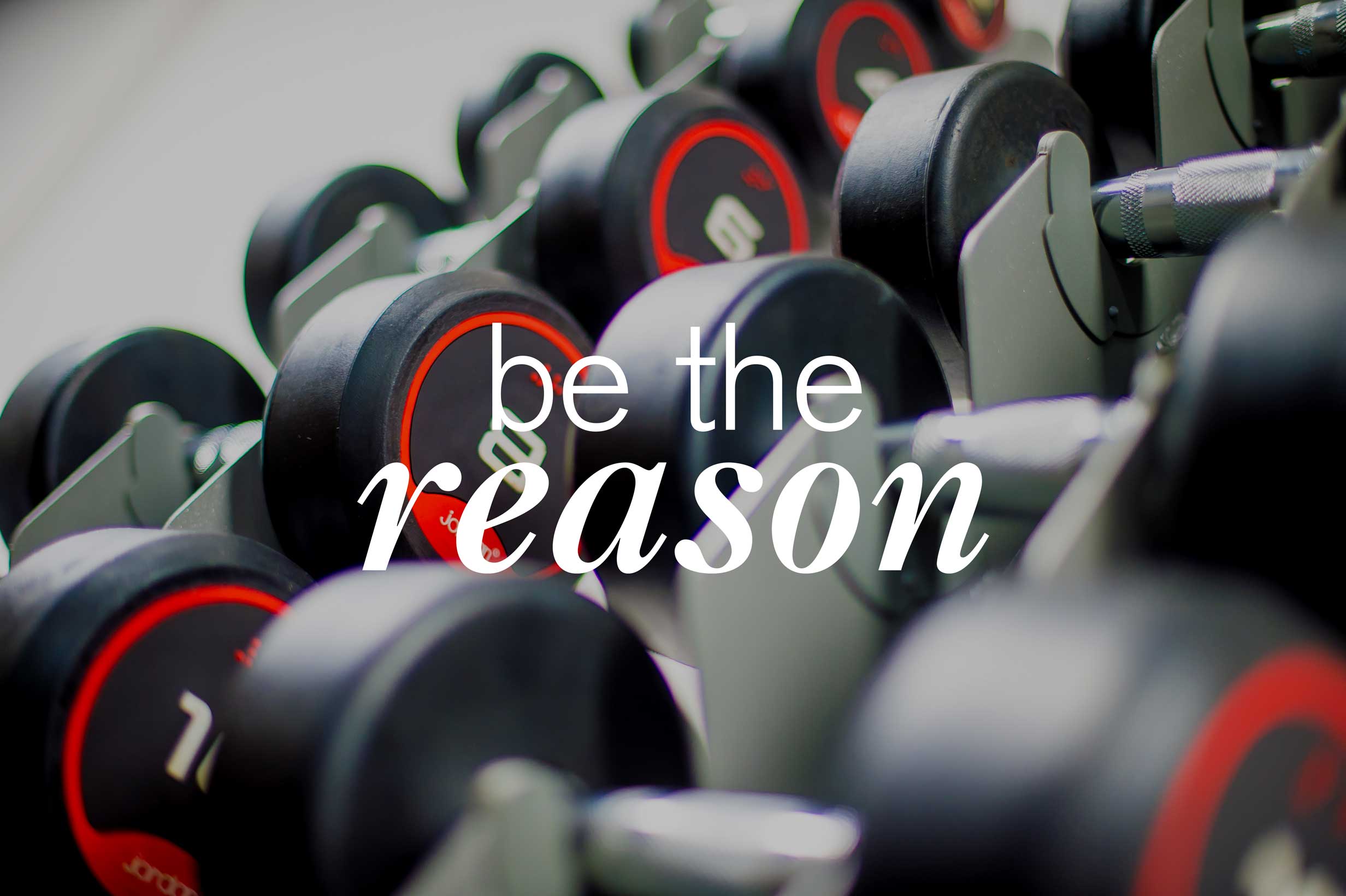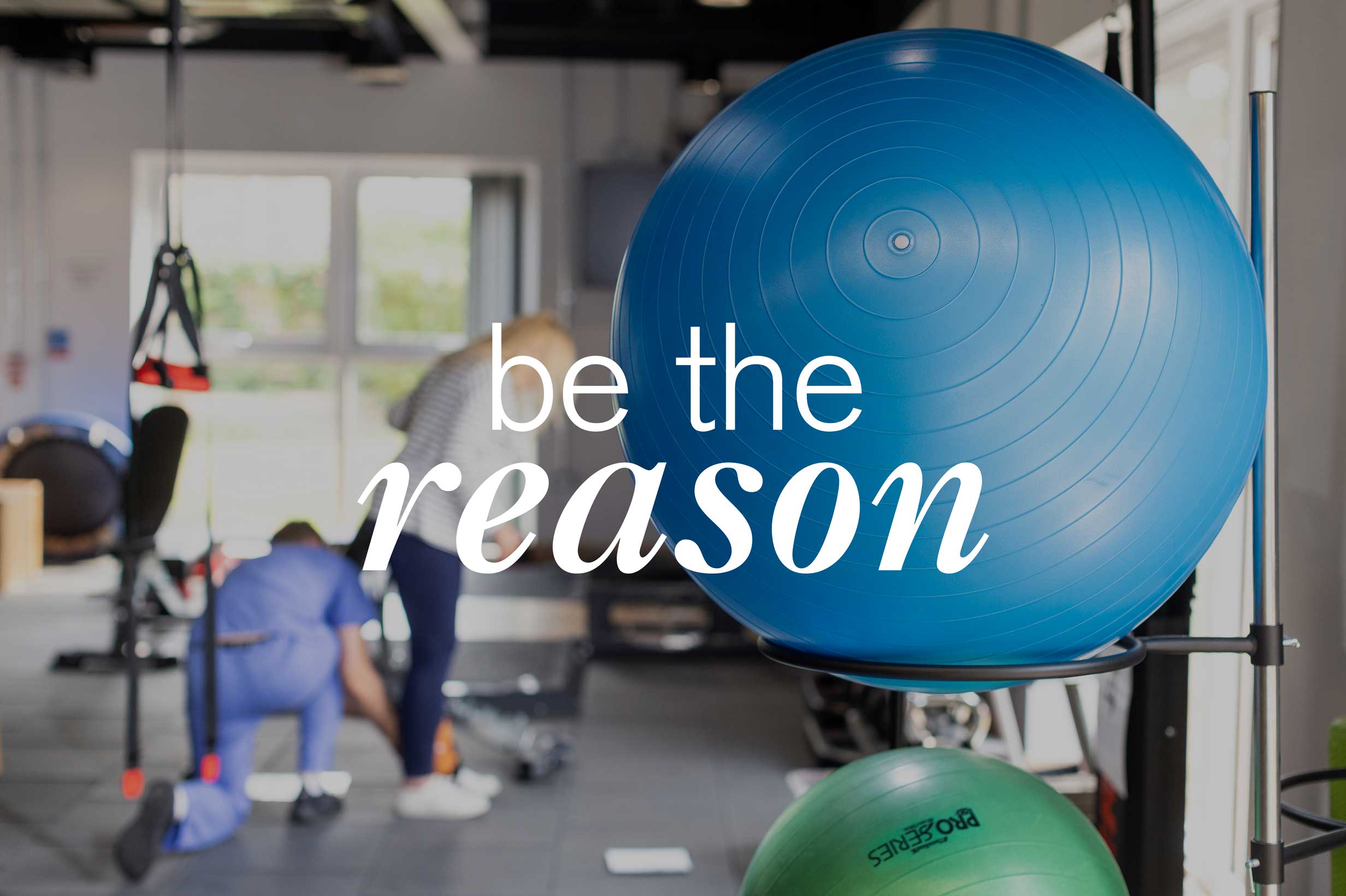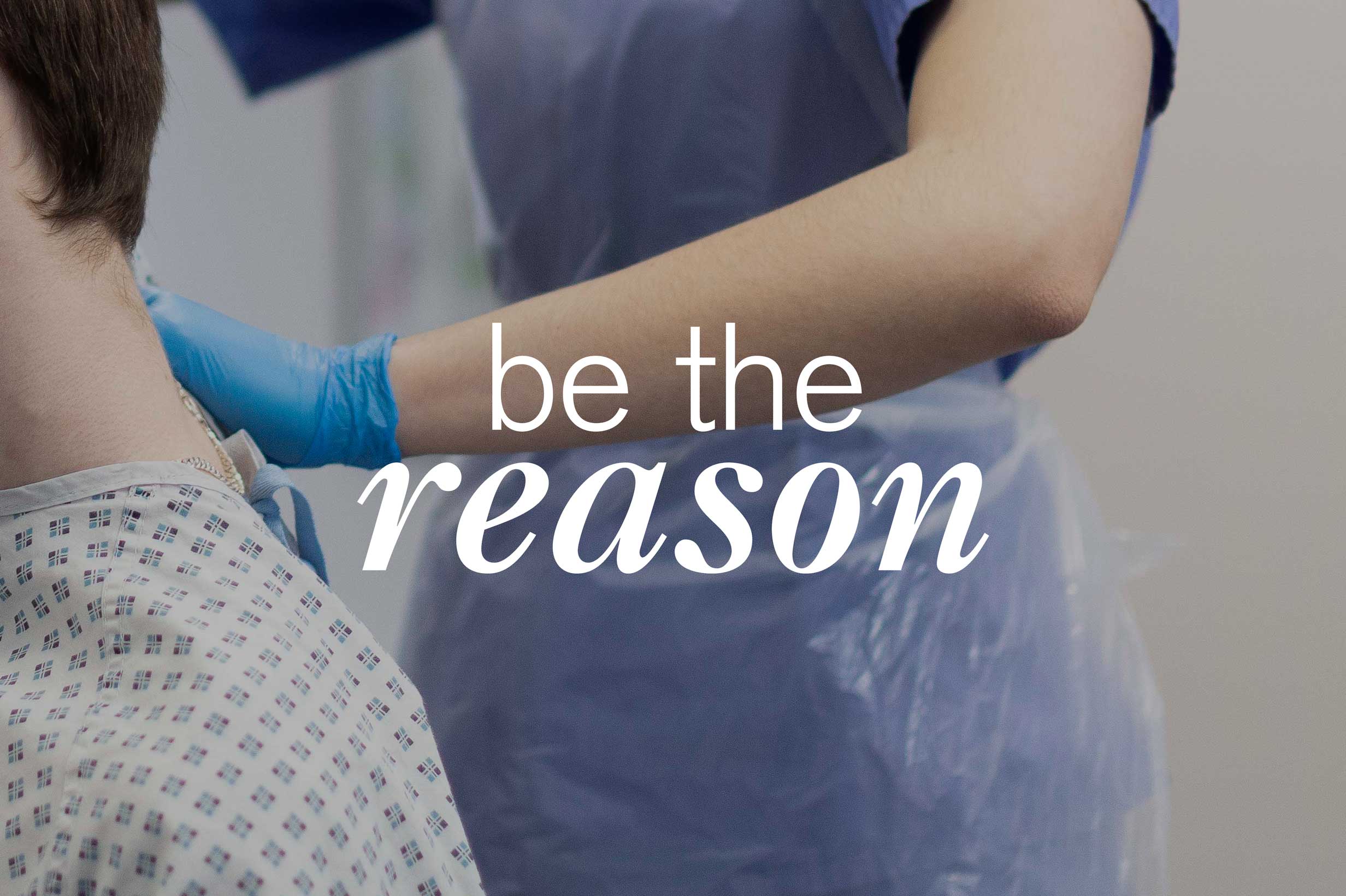She explained:
“I had been suffering with lower back pain for a few months. My training schedule can be pretty hard on my body. My back pain had started to affect my training and my ability to compete at my best.”
Treatment plan
“I went for my first appointment with Neil in July; he examined me and identified the exact location of the pain. My back was painful on impact, when I landed. We discussed my training and competition schedule – my next major competition was the British Championships in September.
“Neil recommended that I take six weeks of rest from training, to allow time for the inflammation to reduce and the injury to heal. Although time off from training is never ideal, it was necessary if I wanted to be fully fit.
“Neil also referred me for a scan at the upright MRI scanner at Health Sciences University to rule out a stress fracture. Thankfully the MRI showed no stress fracture or any other issues, which was very reassuring.
“I had a follow up session with Neil who gave me advice about ensuring my training schedule allows enough rest and recovery time.”
Getting back to training
“When the six weeks was up, I returned to training and started to build up gradually. A couple of bouts of tonsillitis meant I couldn’t train as much as I wanted to in the run up to the British Championships, but I still managed to win fourth place.
“It felt as though there was a lot of support to help me get back to fitness. It is comforting to know that the help is there if and when I need it. It also felt really good to be able to train at full capacity again.”
Neil added: “It’s fantastic to hear that Maddi’s lower back has healed fully and that she is able to train without pain. A big part of rehabilitation for elite athletes can be recommending that they don’t train for a period of time, to allow injuries to heal or inflammation to reduce. It’s never what they want to do, but it can be crucial to regaining full strength. It was also great to see that there weren’t any complicating issues on the results of her MRI scan. I wish her all the best for the future!”
Ambitions for the future
Now that she is back to full strength, Maddi has exciting ambitions for her career:
“The 2023 World Championships will be held here in the UK in Birmingham and it would be amazing to be part of the senior GBR team. I would love to win a team world medal in front of a home crowd. I will be working very hard over the next year to try to secure my place on the team.
“Looking further ahead, I have a long-standing ambition to join the amazing Cirque du Soleil after I finish my competitive career.”
